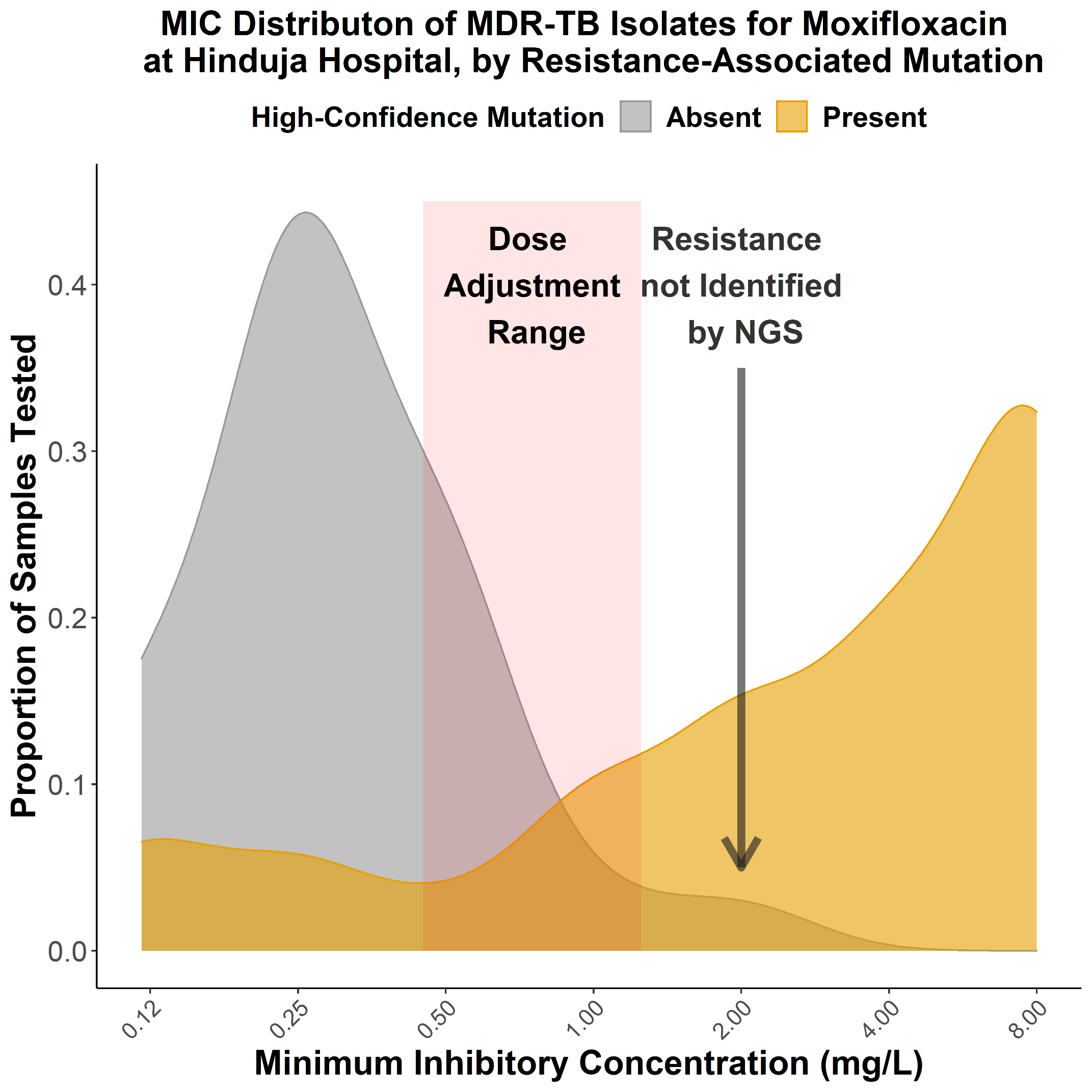Bio
“Genomic Perspectives on Foodborne Illness”

Dr. David Lipman joined FDA/CFSAN in 2021 as Senior Science Advisor in Bioinformatics and Genomics. Dr. Lipman worked at the National Institutes of Health for 36 years and served as the founding Director of the National Center for Biotechnology Information (NCBI) at the National Library of Medicine/NIH. Under Lipman’s leadership, NCBI created and managed a number of the most heavily used biomedical information resources including PubMed, PubMed Central, GenBank, SRA, and RefSeq. From 2017 through 2019, Dr. Lipman served as Chief Science Officer for Impossible Foods and directed the team that developed and commercialized the current Impossible Burger formulation, the Impossible Whopper, and the sausage and ground pork formulations. Dr. Lipman’s own research has focused on molecular evolution, molecular epidemiology, comparative genomics, and the development of computational tools including BLAST. His research papers have been cited by over 250,000 scientific publications. Dr. Lipman is an elected member of the National Academy of Sciences, the National Academy of Medicine, the American Academy of Arts and Sciences, and was awarded the Warren Alpert Foundation Prize in 2023.
▶RECORDING [available here after event]
Date/Time: Tuesday, December 3rd at 4:00PM ET
Location: Homewood Campus: Glass Pavilion
Live Webcast: https://wse.zoom.us/j/93350879485
Abstract


“Genomic Perspectives on Foodborne Illness”
While outbreaks of foodborne illness receive much attention, they include only a small fraction of cases. To learn more about non outbreak cases, we use bacterial genomes generated for outbreak detection and identify clusters of closely related disease-causing isolates. Small clusters account for most cases. A high fraction have cases from multiple states, suggesting contamination at central food distribution sites. As previously observed, illness is especially common in the very young, at least partially due to greater susceptibility. Most cases in infants, who consume only breast milk and infant formula, cluster with cases from older people, implicating cross-contamination from noninfant food or early feeding of complementary foods. Analysis of such genetic clusters is a valuable tool for studying sporadic food poisoning.
▶RECORDING [available here after event]
Date/Time: Tuesday, December 3rd at 4:00PM ET
Location: Homewood Campus: Glass Pavilion
Live Webcast: https://wse.zoom.us/j/93350879485